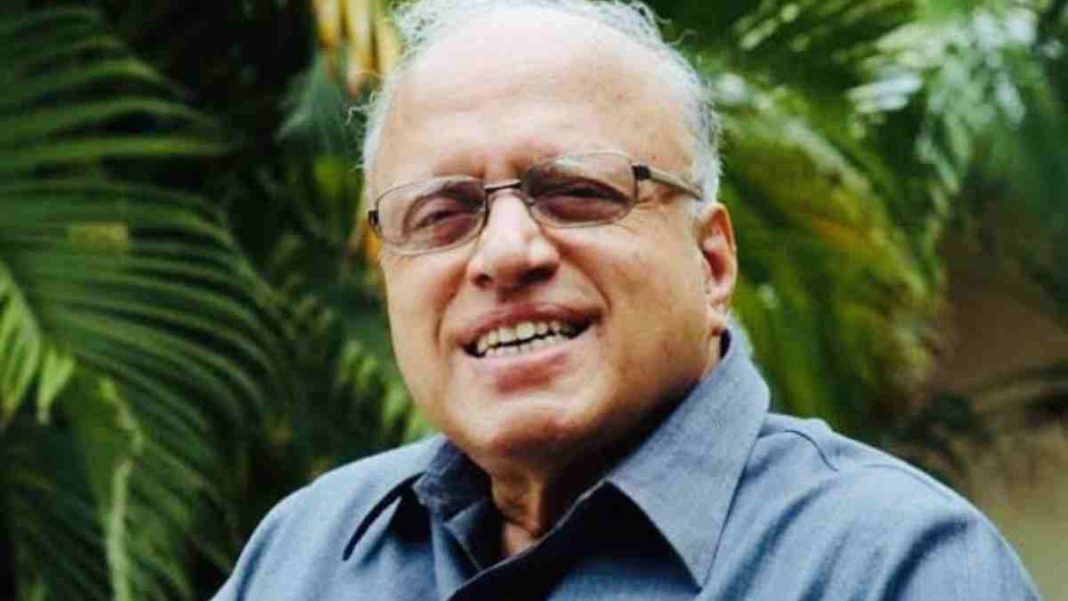INDIA: M.S. Swaminathan, the reowned agricultural scientist and key architect of India’s Green Revolution, died at his residence in Chennai on Thursday (today) at 11:20 a.m. He was 98 years old.
The eminent agricultural figure had been under medical care for age-related ailments for some time, sources from the M.S. Swaminathan Research Foundation said.
Swaminathan’s life journey
Born on August 7, 1925, in Tamil Nadu’s Thanjavur district, Swaminathan was a multifaceted figure, serving as an agronomist, agricultural scientist, plant geneticist, administrator, and humanitarian who played a pivotal role in the development of high-yielding varieties of paddy, which significantly increased crop yields for India’s low-income farmers.
Swaminathan embarked on his career in 1949, focusing on the genetics of various crops, including potatoes, wheat, rice, and jute. During a critical period when India faced the looming threat of a widespread famine and a shortage of food grains, Swaminathan, alongside Norman Borlaug and fellow scientists, pioneered the creation of high-yield variety seeds for wheat.
Recognised as the “Father of Economic Ecology” by the United Nations Environment Programme, Swaminathan collaborated with notable agriculture ministers like C. Subramaniam and Jagjivan Ram during the 1960s and 1970s.
Their collective efforts led to the success of the ‘Green Revolution,’ an initiative that revolutionised wheat and rice productivity through the application of chemical-biological technology, resulting in a remarkable increase in crop yields.
For developing and leading the introduction of high-yield wheat and rice varieties in India, Swaminathan received the inaugural World Food Prize in 1987.
He established the MS Swaminathan Research Foundation in Chennai. Swaminathan’s contributions were further acknowledged with the Ramon Magsaysay Award in 1971 and the Albert Einstein World Science Award in 1986.
He had also received the Padma Vibhushan, Padma Bhushan, and Padma Shri awards. In addition, he has been granted the Indira Gandhi Prize, the Harold K. Firodia Award, and the Lal Bahadur Shastri National Award.
Furthermore, Indian agriculturalists held various administrative roles in agricultural research institutions.
He served as the Director General of the Indian Council of Agricultural Research and then later at the International Rice Research Institute. In 1979, he assumed the position of Principal Secretary of the Ministry of Agriculture.
In 1988, Swaminathan became president of the International Union for Conservation of Nature and Natural Resources. Additionally, in 2004, he was appointed chair of the National Commission on Farmers in India.
Beyond his impactful work within the country, Swaminathan was a prominent global figure, actively participating in numerous international agricultural and environmental endeavors. Time magazine recognised his influence by naming him one of the 20 most influential Asians of the 20th century.
Swaminathan is survived by his three daughters: Soumya Swaminathan, Madhura Swaminathan, and Nitya Rao. His wife, Mina Swaminathan, passed away in 2022.
His demise marks the end of an epoch in Indian agriculture.
Also Read: Jerry Springer Dies at 79: Obituary of a Talk Show Ringmaster



